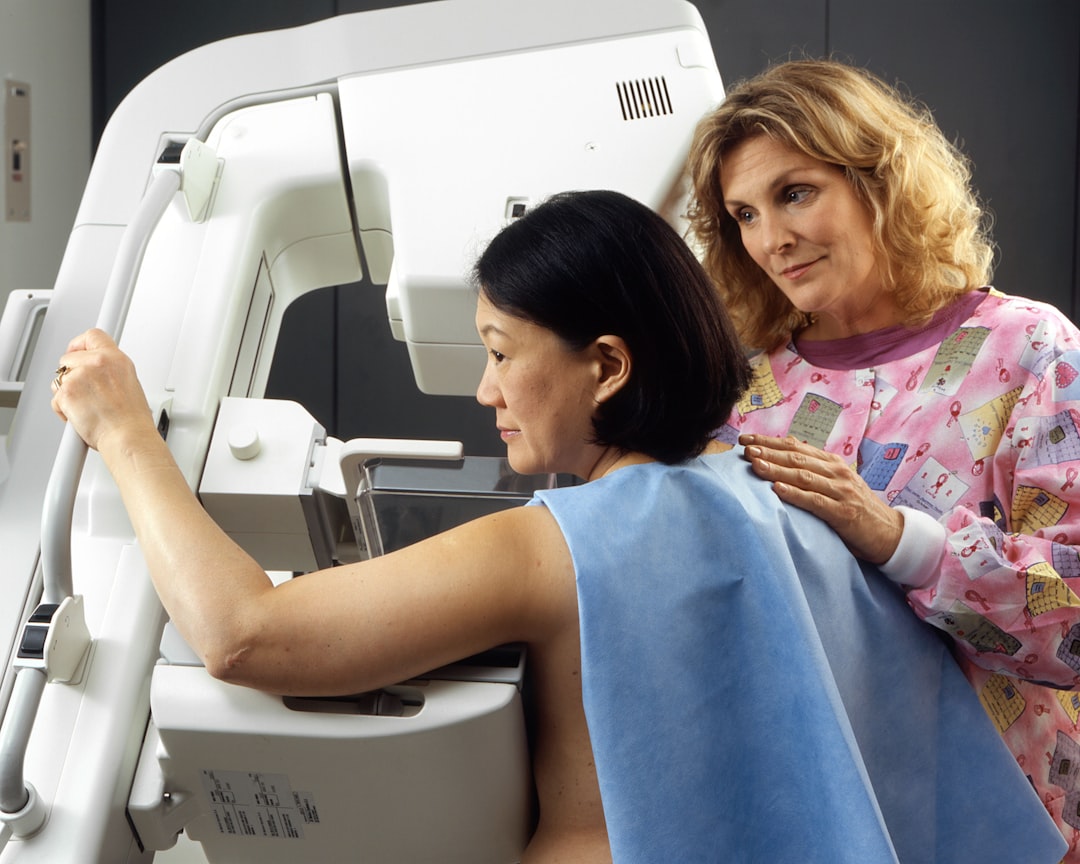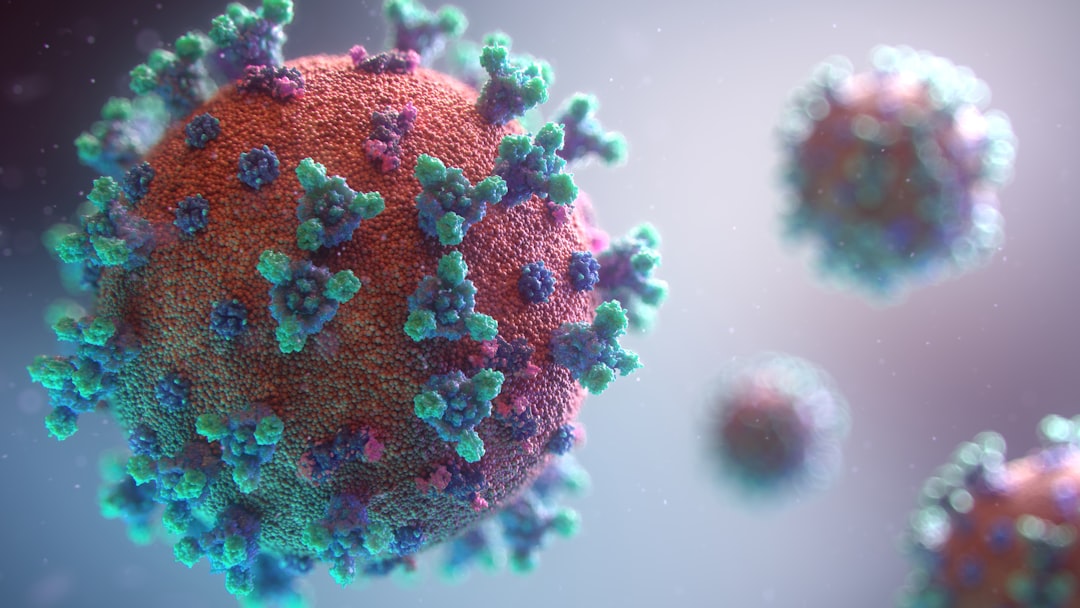What is it about?
The immune system in vertebrates is able to not only recognize an incredibly broad spectrum of pathogens and can learn from past threats. This so-called immunological memory allows our immune system to respond rapidly and specifically to pathogens it has previously battled so that that we often might not even feel sick. A key player amongst this immunological memory are T cells. For the recognition of a threat, T cells rely on their T-cell receptor (TCR) to activate them. Once activated, T cells coordinate the immune response and kill infected cells. Upon clearance of the threat, most activated T cells die off as they are not needed anymore but some remain as memory T cells which can divide and respond more rapidly if their TCR gets triggered. While this TCR-dependent response of memory T cells is a well-known mechanism and has been regarded as an absolute requirement for their functionality, we shown in this study that memory T cells can also be activated and respond without the engagement of their TCR. Such TCR-independent responses unlock their restriction to only respond to a single pathogen and subsequently can become beneficial in an infectious setting with unrelated pathogens, but it can also accelerate the onset of autoimmunity.
Featured Image

Photo by National Institute of Allergy and Infectious Diseases on Unsplash
Why is it important?
With the most recent pandemic, it has become glaringly apparent that people largely differ in their susceptibilities to a particular pathogen affecting both the likelihood to become sick as well as the severity of disease. This inter-individual variability regarding disease susceptibility cannot be explained by genetic and environmental factors alone. Because of the ability of the immune system to remember past infections, past pathogen encounters can confer lasting protection when the same pathogen is encountered again. With this study, we show that such lasting effects can also influence susceptibility and disease course of unrelated diseases. It therefore highlights how understanding an individual’s disease history can help us gain a better understanding of their immunological responses in subsequent challenges.
Read the Original
This page is a summary of: Innate acting memory Th1 cells modulate heterologous diseases, Proceedings of the National Academy of Sciences, June 2024, Proceedings of the National Academy of Sciences,
DOI: 10.1073/pnas.2312837121.
You can read the full text:
Contributors
The following have contributed to this page










